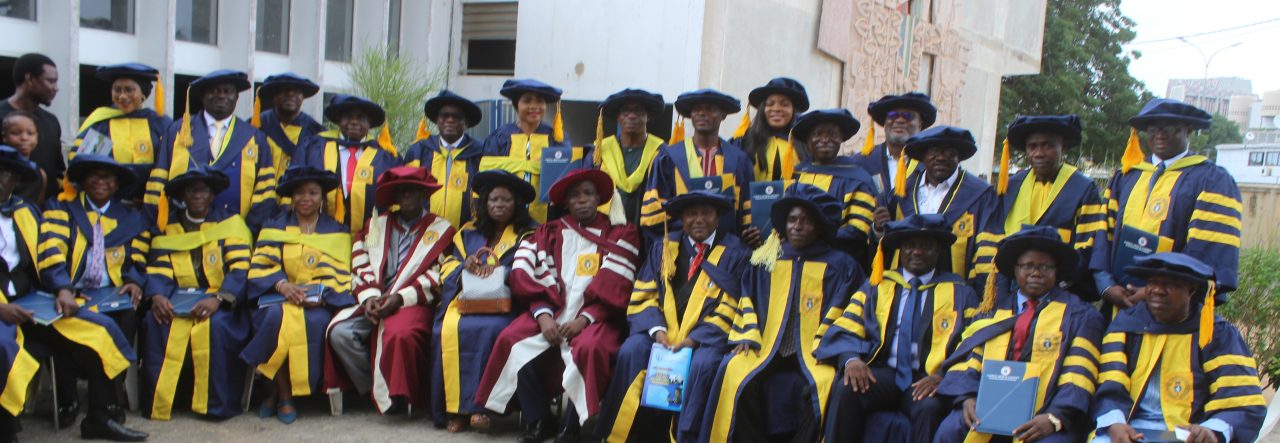1. Introduction
Thank you for your interest in the European-American University Master of Arts in Human Resource Management programme. The programme is designed to be completed within twenty-two months by a student devoting ten to twelve hours a week, working by distance learning.
The programme is outlined below, but individual details may be varied on the initiative of the Mentor and/or student, always subject to ratification by the University. In principle, the aim is to provide a fully bespoke, individualized learning experience that takes into account the particular strengths, interests and previous learning of the student, and thus offers a flexible but rigorous route to the degree.
The programme currently consists of six modules, listed below with their main topics.
A. Theories of Human Capital
Adam Smith. Marx’s theory of labor power. Becker and the Chicago School approach to human capital.
B. Recruitment and Retention
Human resource planning. Job analysis, recruitment, selection, retention. Compensation.
C. Performance Evaluation and Management
Methods of evaluating employee performance. Motivational theory. Promotion. Appraisal.
D. Training and Development of Staff
Costs and benefits of training and development. Methods of training. Induction. Evaluating the effectiveness of training.
E. Industrial Relations
Study of the framework of employment – organizations, labor unions, trade associations, political forces, the legal framework.
F. A Dissertation Topic
2. Aims and objectives
The programme is aimed at the generalist human resource manager who wishes to study the subject from a practical viewpoint. Uniquely, this program replaces much postmodern critical theory on HRM with a study of classic texts from Adam Smith, Marx and Becker as key routes to the understanding of HRM in a modern capitalist system. The programme aims to produce HRM professionals with an enlightened approach to practice and who are equipped with skills and techniques that will be of benefit to their organizations.
3. Methods of delivery
The delivery of the teaching for the course is by distance learning. Students will be assigned a Mentor who will be a practitioner in the field and/or an established academic. They will work out the exact details of what is to be studied and how this will be assessed in co-operation with the Mentor with this learning contract then ratified by the University. In most cases, students will communicate with their Mentor via electronic communications (e-mail, fax) although some Mentors prefer to work via postal mail, and many will also offer telephone support.
4. Course materials
The chosen methods of learning are designed to offer the student the maximum of flexibility and scope in tackling the programme.
The individualized nature of the programme means that traditional course materials in the form of structured course notes are rarely appropriate or practical, although it is hoped that where possible, Mentors will make their notes on particular topics available to the student. Students are, of course, responsible for creating their own course notes based on their reading and related work.
Most work within the programme will consist of directed readings from key texts selected by the Mentor. The student will be responsible for obtaining books, which are not included in the tuition fees, although both the Mentor and the University will endeavour to assist in the event of any difficulty in obtaining books. The Mentor will set regular assignments based on the directed reading, most of which will be in the form of an essay or paper. Mentors will also provide guidance on background reading for each topic.
5. Entry requirements
The usual minimum requirements for entry to the course are as follows:
- Completion of a first degree or an equivalent professional qualification, or in exceptional cases, extensive experience in human resource positions in an organizational context
Candidates will normally have attained the age of twenty-eight years. All candidates will be expected to show a proficiency in the English language.
It is a key principle of the University that each application should be considered on its own merits, and admission to the course and all interpretations as to the eligibility for such admission remain at the discretion of the University.

